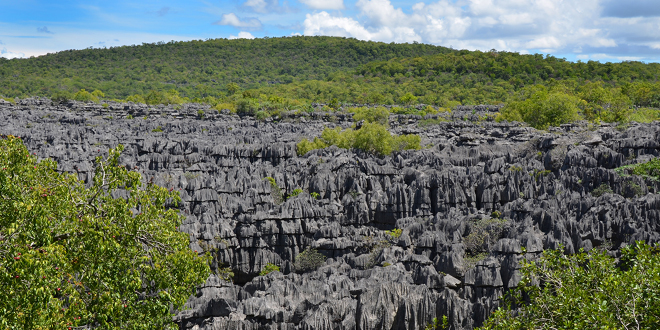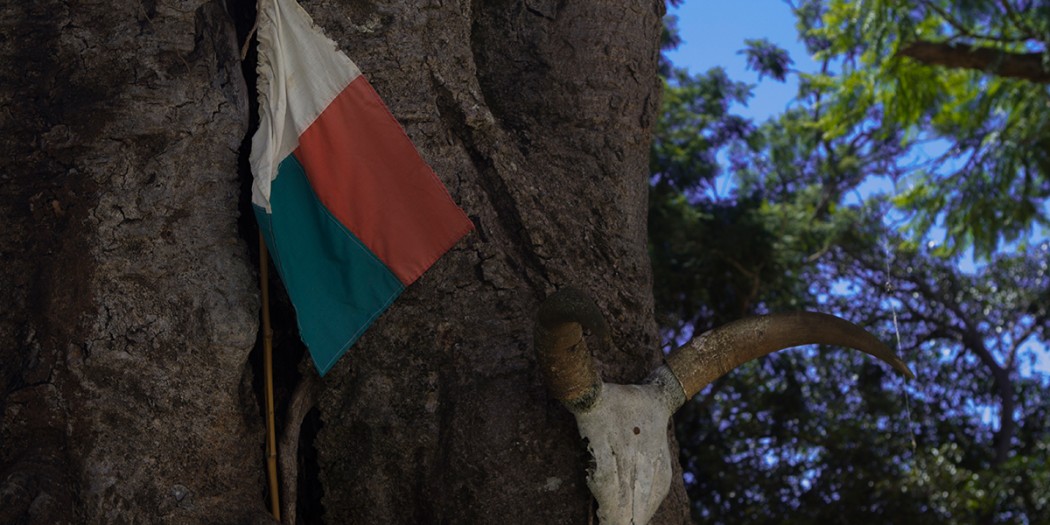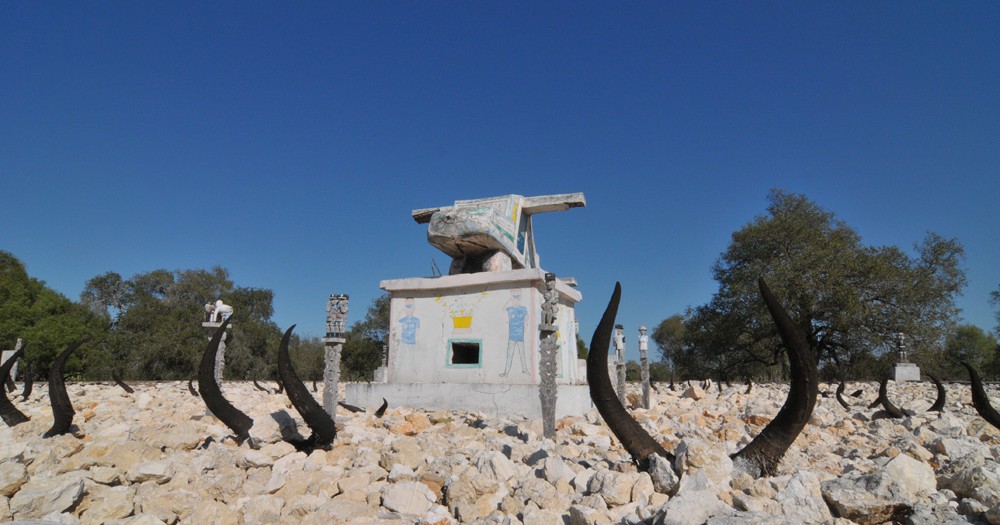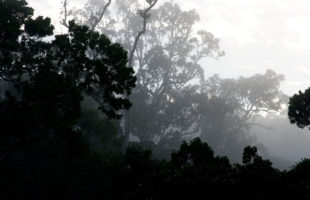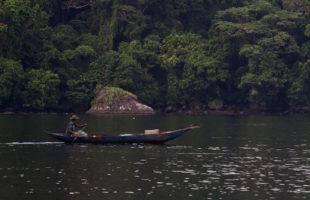As a traveller in Madagascar, you will hear about fadys sooner or later. Fady is the Malagasy word for taboo and probably derives from the Indonesian “pady”. But taboo is not the only meaning of this word, it is also used to call something sacred. Fadys are rules that concern situations as well as people, animals, locations or a certain behavior. For example, a location that is used for sacrifice and only open to certain persons can be fady (sacred). But it can also be fady (forbidden) to wear red clothing during a special event such as a funeral, while it is rather usual to wear red clothing during sacrifices or when asking the ancestors to make a wish come true.
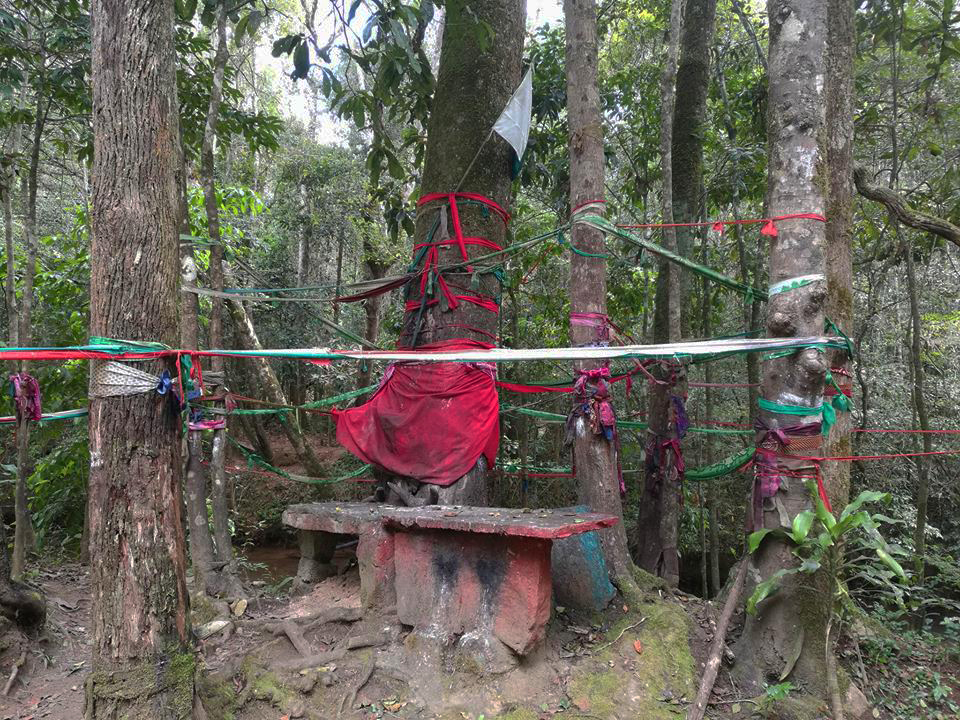
People pass on most taboos together with stories and legends that may reinforce the origin of the rule. For example, Indris are fady for many Madagascans since an old legend tells that the spirits of the ancestors live on with these lemurs. Another well known fady is the prohibition to point a finger at graves. Instead in many places, you are asked to use your clenched fist or a widely opened hand to use all fingers in the same manner. In Ankarana national park, members of the Merina tribe are not allowed to visit the caves. This fady traces back to the Merina kingdoms, when the people from the central highlands tried to expel the Antakarana from their land. Those escaped into the cave labyrinth of Ankarana. At the 12 sacred hills of Antananarivo, it is forbidden to bring pork, and a lake near Canal des Pangalanes has the same restriction. The latter also has a fady that requests people to wash hands and mouth before entering a boat. Furthermore, Madagascar has a variety of lakes and rivers that are not allowed to take a bath in – may it be because of sacred crocodiles as in lake Ravelobe or due to some sacrifice place at the small waterfall in Amber Mountain.
Each tribe and each village can have its own fadys, even each family. Usually, the village or tribe eldest decrees them. After several generations, another eldest sometimes rescinds the fady – but this happens very rarely. In most cases, a fady persists even after noone knows the origin of the taboo anymore. Today, it may happen that some of old fadys fade into obscurity and as time goes by, are not used anymore. Other fadys are cunningly avoided: E.g. some tribes have a fady concerning hunt for lemurs, but not eating the meat, and a neighboring tribe has a fady the other way round. Then both tribes get by the following way: One hunts a lemur – which is not fady for him – and sells the meat to the other who was not allowed to hunt, but has no fady that prohibits eating a lemur. Having a profitable businesses in prospect, e.g. if you want to visit a sacred forest and pay well for this, many villages elders agree to run a ceremony to suspend the fady for a while and make the ancestors feel sympathetic for the idea.
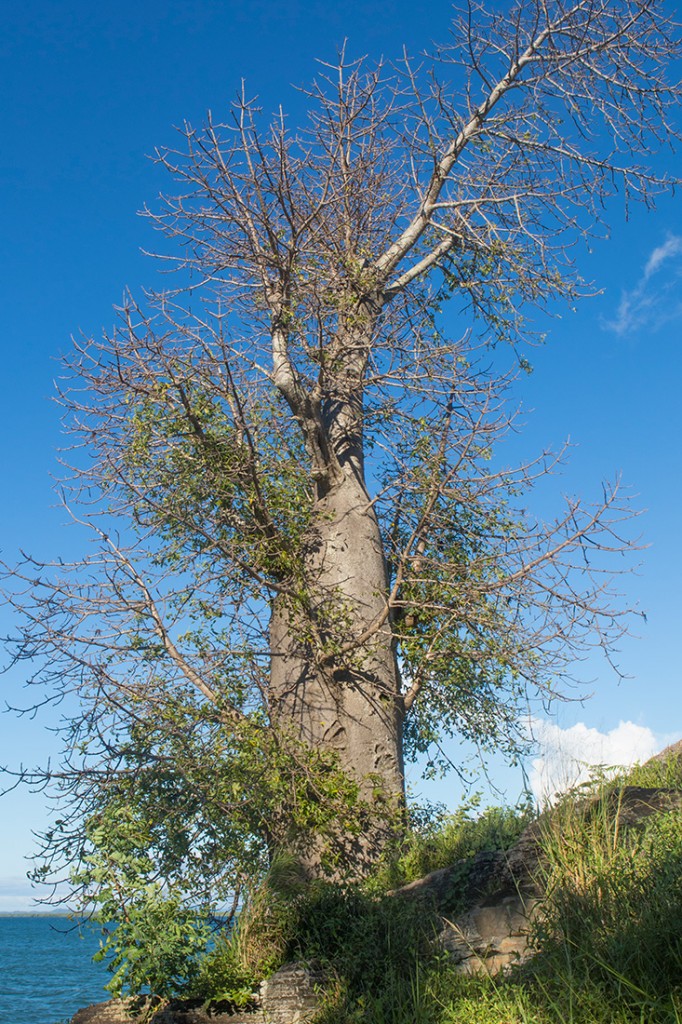
But fadys can also be disadvantageous. In southeast Madagascar, there are some Antambahoaka tribe villages, that have a fady concerning twins. Mothers that want to keep their twin babies are excluded from the communitry, or the children are abandoned in the forest. People simply see them as hoodoos. Other fadys prevent people from necessary medical treatment. Since all those fadys are very old and since the belief in demons, ancestor worship and shamans is still very deeply rooted especially in rural areas, it is extremely difficult to end these fadys for the benefit of the people. On the other hand, fadys are helpful in many places, because they have been protecting mountains, lakes or forests for centuries from destruction. Even some animals are fady, although this taboo only helps few from environmental destruction or being hunted.
Today, most Madagascans still take fadys seriously or at least use them as guidelines. In large cities, fadys have decreased to be constant companions, although every Madagascan knows their importance. At least you have to expect the ancestors’ resentment if not respecting a taboo. Local guides mostly know fadys well and can explain travellers where they need to be careful and what to pay attention to. If you break a fady intentionally, in best case people will just be annoyed. But of cause you always hurt the locals’ belief this way, and it is much better to respect fadys being a guest in a foreign country.
 MADAMAGAZINE Your Magazine about Madagascar
MADAMAGAZINE Your Magazine about Madagascar



